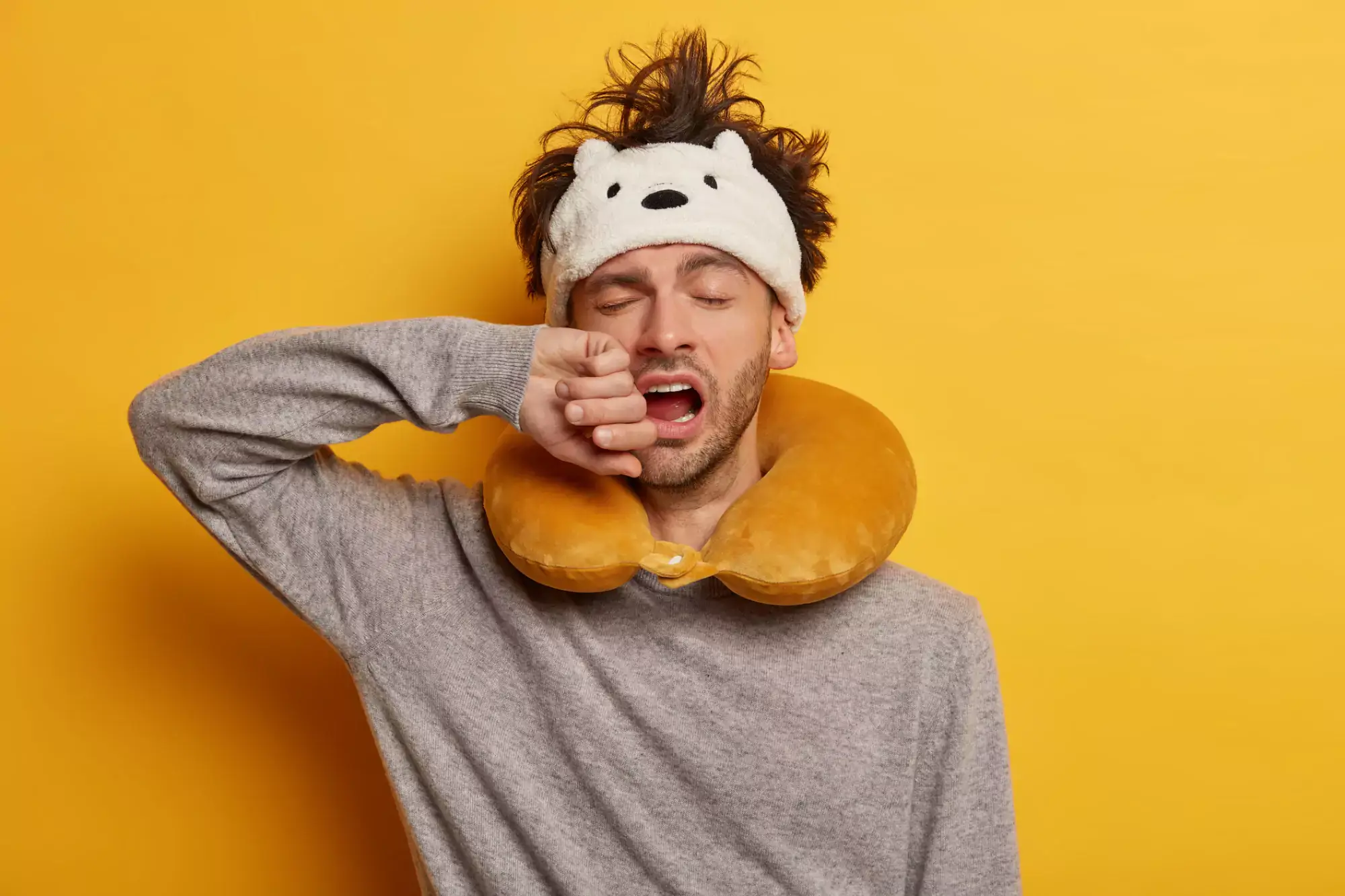Is Sleep Apnea Treatment Without CPAP Possible? Discover Easy and Effective Alternatives

If you snore loudly, feel tired during the day, or struggle to concentrate, you might have sleep apnea. This condition causes your breathing to stop and start while you sleep, making restful sleep difficult. While CPAP (continuous positive airway pressure) machines are often used to treat sleep apnea, many people find them uncomfortable. If you’re one of them, you might be wondering if you can get sleep apnea treatment without CPAP.
We’ve got you covered. Let’s explore these alternatives and see how they can help you get quality sleep!
Why do some people struggle with CPAP therapy?
CPAP therapy works well for many people with sleep apnea, but it isn’t the right solution for everyone. Here are some common reasons why people may struggle with CPAP:
-
Discomfort: The CPAP mask can feel bulky, and the constant airflow can be uncomfortable for some users.
-
Noise: While newer CPAP machines are quieter, the noise can still disturb light sleepers or partners.
-
Mask irritation: Skin irritation or a dry mouth can occur from wearing the mask, making it hard to continue using it.
-
Inconvenience: Traveling with a CPAP machine can be a hassle, especially for those who are always on the go.
Is sleep apnea treatment without CPAP possible?
While CPAP is effective for many people, it’s not the right choice for everyone. Some people find it uncomfortable or hard to stick with.
Fortunately, there are several options to get sleep apnea treatment without CPAP. Let’s have a closer look:
1. Oral appliances
Oral appliances (also called mandibular advancement devices or MADs) might be a good alternative to using a CPAP machine. These devices help keep your airway open by repositioning your jaw and tongue during sleep.
Oral appliances are custom-made by dentists or sleep specialists to fit the individual’s mouth, ensuring comfort and effectiveness. A 2022 study showed that MADs helped reduce sleep apnea severity by around 67% in moderate cases and 58% in mild cases.
However, oral appliances may not be effective for those with severe cases or additional issues such as nasal obstruction.
2. Positional therapy
For people whose sleep apnea is worse when sleeping on their back, positional therapy can be an effective treatment. This therapy encourages side-sleeping, which helps prevent the airway from collapsing. Special pillows or wearable devices are often used to keep the sleeper in a side position.
Research shows that people using positional devices experience a significant reduction in sleep apnea events. However, long-term use can be challenging, as some people find it uncomfortable or difficult to stay on their side throughout the night.
3. Upper airway stimulation
If you have moderate or severe sleep apnea and can’t tolerate CPAP, upper airway stimulation (UAS) could be a good alternative. This treatment uses a small, implanted device to send signals to the nerve controlling your tongue, helping to keep your airway open while you sleep.
Many people find that UAS may reduce their sleep apnea episodes and improve their sleep quality. It’s a practical option for those who find CPAP uncomfortable or ineffective.
4. Physical therapy
Physical therapy can also help reduce sleep apnea symptoms. Techniques like speech therapy focus on strengthening the muscles of the tongue and throat, which helps prevent the airway from collapsing during sleep.
A newer option is eXciteOSA, which uses electrical stimulation to strengthen these muscles. It’s becoming a popular treatment for people who can’t tolerate but still want to improve their sleep apnea symptoms.
5. Surgical solutions
In severe cases, surgery might be needed to treat sleep apnea, especially if there are physical blockages causing the problem. These procedures help open the airway and improve breathing.
Here are a few common options:
-
UPPP (Uvulopalatopharyngoplasty): Removes extra tissue from the throat to clear the airway.
-
MMA (Maxillomandibular advancement): Moves the jaw forward to make more room for airflow.
-
Tonsil and soft palate surgeries: Useful for people with large tonsils or a floppy soft palate.
6. Weight loss
Being overweight can make sleep apnea worse, especially when excess weight gathers around the neck and throat, which can block the airway
Losing weight is one of the best sleep apnea treatments without CPAP. Even a small amount of weight loss can reduce the fat around your neck, helping to keep your airway open. A study found that people with OSA experienced improved sleep apnea severity after 10 years of a lifestyle intervention for weight loss.
7. Inspire nerve stimulator
For people who can’t tolerate CPAP, the Inspire device offers a promising alternative. This small device is surgically implanted and stimulates the hypoglossal nerve, which helps keep the tongue and throat muscles active to prevent the airway from collapsing during sleep. It’s FDA-approved and has shown strong results in clinical trials.
8. Adaptive servo-ventilation (ASV)
Adaptive servo-ventilation (ASV) is an advanced treatment for complex sleep apnea that automatically adjusts air pressure based on your breathing patterns. It’s mainly used for those with central sleep apnea, which happens when the brain doesn’t send the right signals to control breathing, rather than airway blockage.
While ASV isn’t a replacement for CPAP, it provides a more comfortable and flexible option for people with central or complex sleep apnea.
9. Medication: A Future Possibility?
Currently, CPAP, oral appliances, and surgery are the main treatments for sleep apnea. Some medications, like modafinil (for daytime sleepiness) and acetazolamide (to help with breathing), are already used to manage symptoms, but they don't fix the underlying problem.
A new pill called AD109 is being tested in clinical trials. It combines two medications: aroxybutynin, for an overactive bladder, and atomoxetine, for ADHD. Together, they aim to help keep the airway open while sleeping. If proven effective, AD109 could become a useful option alongside other treatments for sleep apnea.
Conclusion
So, if you’re wondering whether sleep apnea treatment without CPAP is possible, then be sure, yes! There are numerous effective alternatives to consider. Whether it’s oral appliances, lifestyle changes like weight loss, or more advanced treatments such as surgery or upper airway stimulation, options are available to help you breathe easier and sleep better.
Make sure to work with your doctor to find the best solution for your needs. Ready to get a restful sleep? With QCG, explore top hospitals and doctors worldwide to get sleep apnea treatment abroad.

